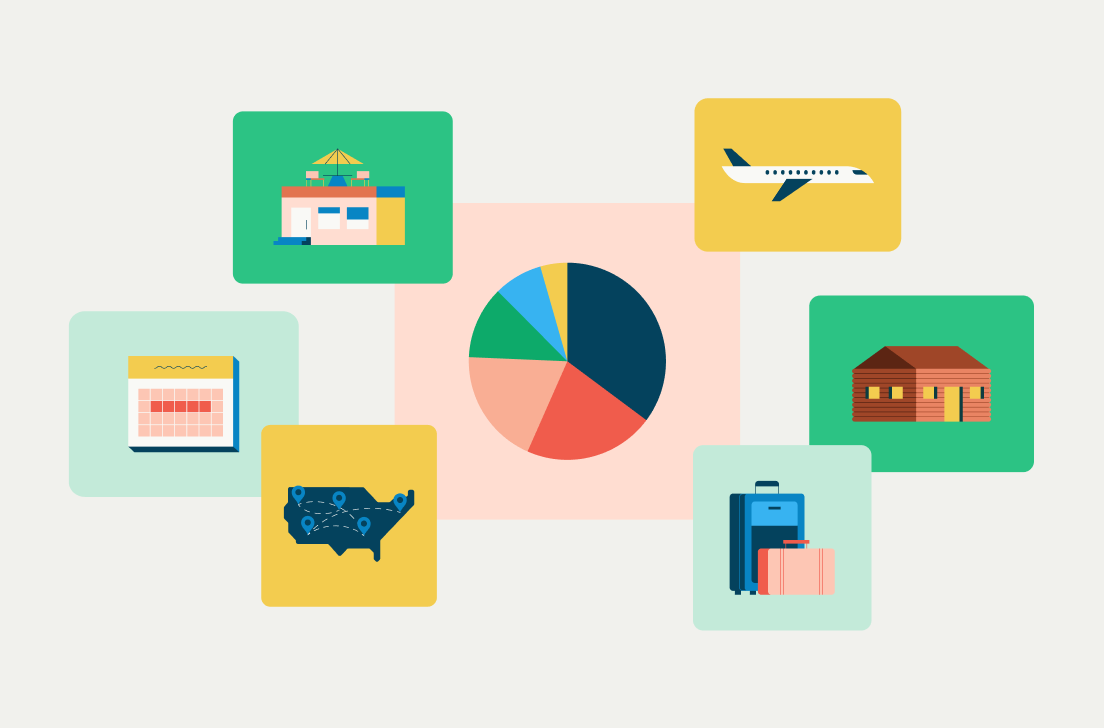Denver has long been one of the country’s most desirable rental markets, drawing people in with its access to the Rocky Mountains, growing job opportunities, and thriving cultural scene. But for years, that popularity came with a price tag that left many renters wondering if Denver was truly affordable. Now, the tide is turning. Rents in Denver are dropping faster than the national average, giving renters more breathing room and bargaining power than they’ve had in a long time. With supply from new construction hitting the market and demand moderating, renters in 2026 are in a stronger position to find deals and negotiate leases.
We’ll cover what Denver affordability looks like today, how rent prices compare nationally, what’s driving the changes, and how renters can take advantage of this shift.

How much is rent in Denver?
According to Zumper’s latest National Rent Report, the median rent for one-bedroom units in Denver is $1,680, while two-bedrooms are priced at $2,240. Both unit types are down more than 9% year-over-year. This marks one of the steepest rent declines among major U.S. cities in recent months.
How does Denver compare with national rents?
To put Denver’s numbers in context, Zumper’s National Rent Index shows:
- One-bedroom median rent nationally: $1,517 (down 1.1% year-over-year)
- Two-bedroom median rent nationally: $1,897 (down 0.9% year-over-year)
Denver renters are still paying more than the national average, but the gap is narrowing:
- One-bedroom units in Denver cost $163 more than the national average
- Two-bedroom units cost $343 more than the national average
While Denver remains on the pricier side, the pace of rent declines means it’s becoming more accessible relative to its own history and to other major U.S. markets.
Why are Denver rents falling?
Denver’s rent declines reflect both national and local factors, but new supply is the biggest driver.
- Apartment construction boom: Developers have delivered thousands of new units over the past two years. With more choices available, renters have greater leverage.
- Economic cooling: Tech and professional services hiring has slowed compared to the boom years, easing pressure on demand.
- Changing preferences: Some renters are moving to nearby suburbs or smaller Colorado cities for more space at lower costs.
The result is a rental market where landlords are more motivated to offer concessions, negotiate, and keep tenants in place.
How much do you need to make to live in Denver?
Housing experts recommend spending no more than 30% of your income on rent. Based on current median prices:
- To afford a one-bedroom at $1,680, you’d need to earn at least $67,000 per year
- To afford a two-bedroom at $2,240, household income should be about $90,000 per year
These figures make Denver less affordable than the national average but more manageable than high-cost metros like San Francisco or New York, where rents are thousands higher.
Which neighborhoods have the cheapest rents in Denver?
Denver’s rental prices vary widely by neighborhood. If you’re looking for more affordability, consider areas outside of downtown and the city core.
- Aurora: Offers lower prices with quick access to downtown by light rail
- Lakewood: More suburban feel, but often hundreds less than central Denver
- Wheat Ridge and Englewood: Affordable alternatives with smaller buildings and local charm
Meanwhile, popular neighborhoods like RiNo (River North), Capitol Hill, and LoDo (Lower Downtown) still command higher rents due to nightlife, dining, and proximity to major employers.
Tips for renting affordably in Denver
If you’re considering a move or renewal in Denver, here are practical ways to maximize your budget:
- Negotiate directly: Point to the significant annual decline when asking for lower rent. Landlords know the market has shifted.
- Check seasonal timing: According to the latest Zumper research, rents are typically lowest from October to February, when demand slows.
- Expand your search radius: Looking at nearby suburbs can save hundreds per month.
- Ask for concessions: Even if a landlord doesn’t want to lower rent, they may be open to offering free parking, waived fees, or a free month of rent.
- Track listings: Use Zumper to set alerts on price drops in neighborhoods you’re considering.
FAQs about Denver affordability
Is Denver affordable in 2026?
Yes. With rents down more than 9% year-over-year, Denver is significantly more affordable than in 2024.
How much do you need to make to live in Denver?
About $67,000 per year for a one-bedroom and $90,000 per year for a two-bedroom, based on the 30% income rule.
Which neighborhoods in Denver have the cheapest rents?
Neighborhoods like Aurora, Lakewood, Wheat Ridge, and Englewood typically offer the lowest rents while still providing easy access to the city.
Does Denver have rent control?
No. Colorado law prevents rent control, so prices are market-driven. Current trends favor renters because supply is high.
How much are utilities in Denver?
Expect to pay $150 to $250 per month, with higher bills in the winter for heating. Always confirm with your landlord which utilities are included in rent.
Is Denver cheaper than other big cities?
Yes. Denver remains above the national average but is more affordable than cities like San Francisco, Los Angeles, or New York.
Conclusion
Denver affordability is improving for renters. With one and two-bedroom rents down over 9% year-over-year, the city is becoming more accessible while still offering the amenities and lifestyle that make it one of the country’s most attractive places to live.
If you’re moving within Denver or relocating to the city, now is a good time to search widely, negotiate confidently, and take advantage of seasonal timing to maximize savings.
Start your search on Zumper today to find Denver apartments that fit your budget and lifestyle.



